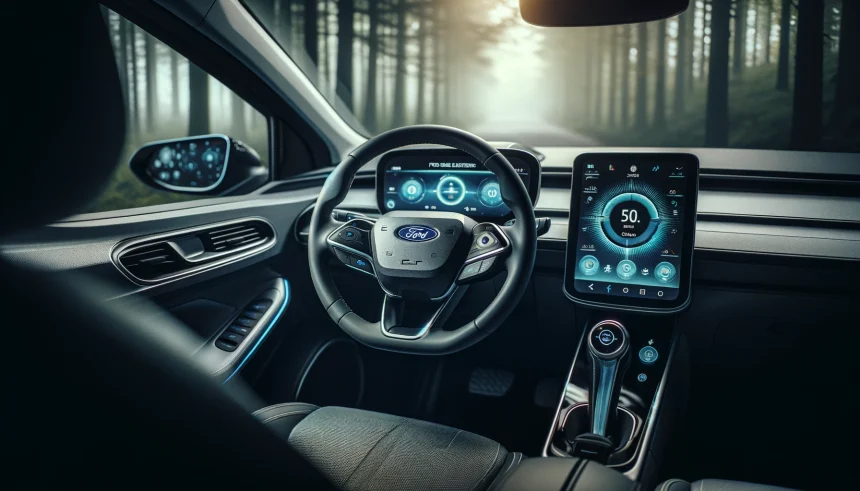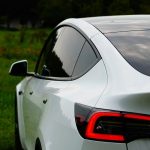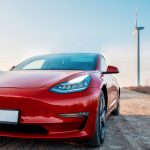Major players in the automotive sector are openly crediting one another for industry-shaping manufacturing processes as the electric vehicle market expands. Tesla CEO Elon Musk recently recognized Ford’s achievements while commenting on the brand’s fresh approach to electric vehicle (EV) production. At the same time, Tesla’s own manufacturing innovations have spurred debate about the shifting landscape of auto assembly. These public acknowledgments reflect a growing mutual respect as traditional and newer automakers respond to changing consumer demand with new technologies and strategies designed for both efficiency and affordability.
When Ford first introduced mass production through its Model T over a century ago, it set a blueprint others would follow for decades. Recent reports have often focused on Tesla’s lead in manufacturing methods, especially with its use of IDRA’s Giga Press and the push towards streamlined casting techniques. However, Ford’s historic influence as a founder of large-scale auto manufacturing remains a point of reference in industry discussions. Current developments see Ford leveraging past experience while adapting to an EV-focused future, sometimes incorporating lessons first demonstrated by its competitors.
How Are Ford and Tesla Shaping Modern Car Manufacturing?
Ford announced a revamped assembly approach for EVs, centered on affordability and production efficiency. Adopting techniques similar to Tesla’s unboxed production methods, Ford’s new “Assembly Tree” system and “Unicasting” process rely on structural batteries and advanced casting, closely mirroring Tesla’s path with the Model Y. This move illustrates how automakers are sharing best practices even while competing in a rapidly evolving field.
What Statements Have the Companies Shared About This Shift?
Elon Musk highlighted the automotive legacy created by Ford, asserting,
Ford basically invented mass manufacturing of large, complex products. Everyone else copied. Most people don’t know this.
Meanwhile, Ford’s Doug Field expressed the company’s design philosophy, citing,
The best part is no part.
These remarks convey a shared recognition of innovation as both brands emphasize the necessity of simplifying complex production lines.
Are Legacy Automakers Keeping Pace With New Entrants?
Ford is positioning itself to lead among traditional carmakers transitioning toward EVs by drawing on established expertise and newly embraced manufacturing principles. Through its adoption of structures similar to Tesla’s, Ford indicates its intent to take an active role in the next era of vehicle production. Concurrently, Tesla’s ongoing influence reveals that automotive manufacturing is becoming more collaborative—even as companies retain their competitive edge.
Ford’s deliberate introduction of gigacasting and modular assembly into its processes signals a willingness to learn from the rapid prototyping methods often associated with younger brands like Tesla. For industry observers, these moves contrast with older narratives portraying legacy automakers as hesitant to evolve. The visible acknowledgment by Tesla’s leadership of Ford’s lasting impact further blurs the line between established tradition and new innovation, suggesting productive cross-pollination rather than rivalry alone.
For automotive professionals and consumers alike, understanding the convergence of Ford’s and Tesla’s manufacturing strategies can provide valuable insight into future trends. The shared emphasis on reducing part counts, refining assembly techniques, and pursuing cost-effective EV production demonstrates clear motivations shared across the sector: response to market pressures and a drive for operational robustness. Business leaders seeking to keep pace with the sector’s evolution may benefit from closely following these shared methods and collaborative acknowledgments, as they increasingly define how vehicles—electric or otherwise—will reach customers in the coming years.
- Ford integrates Tesla-inspired processes for new EV manufacturing efforts.
- Elon Musk acknowledges Ford’s pioneering mass production methods publicly.
- Both brands focus on streamlined assembly and cost reduction for future vehicles.










